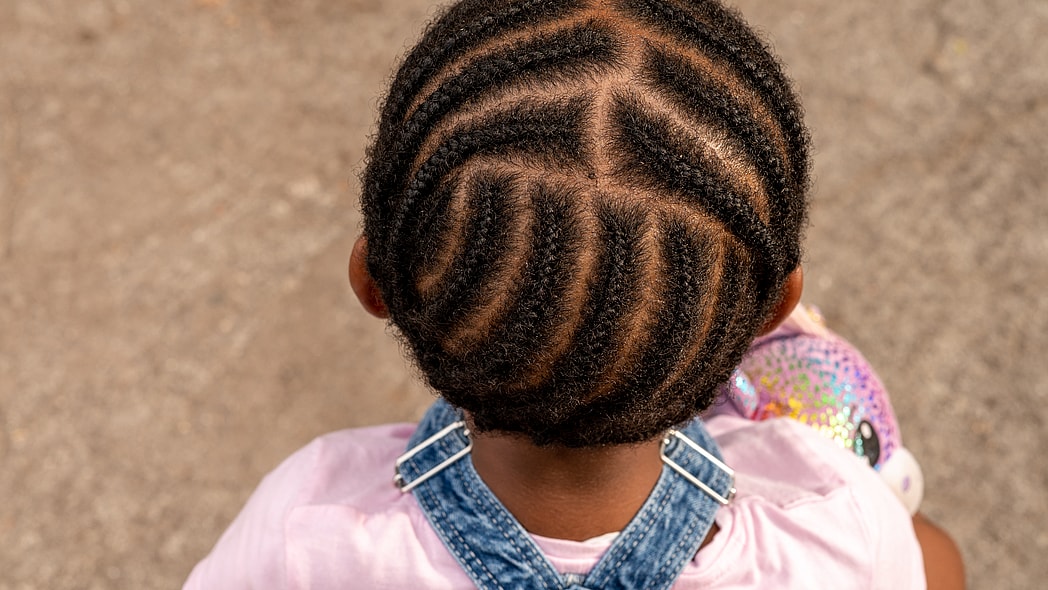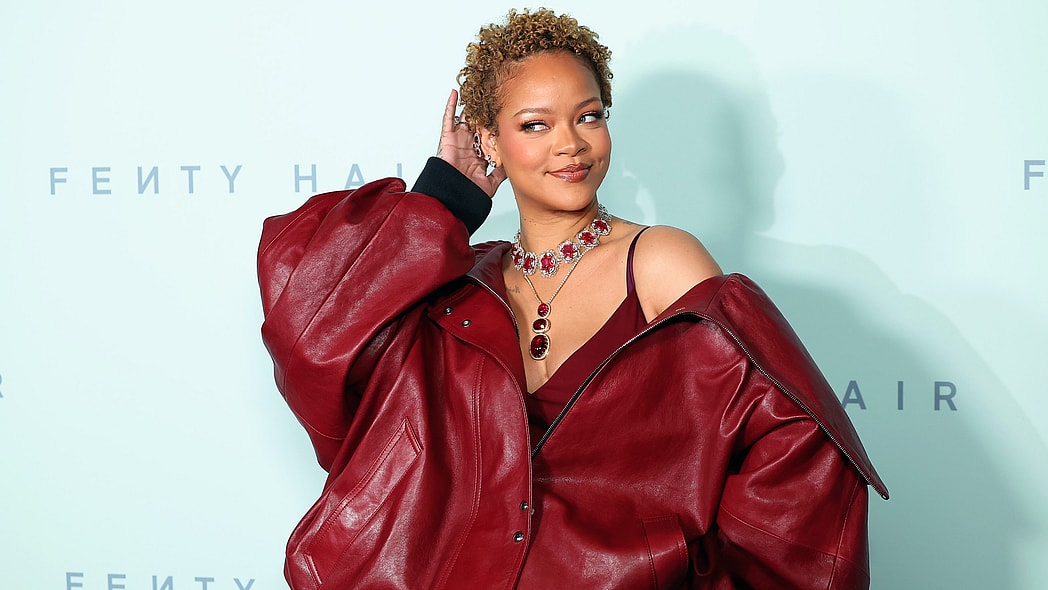The family of the late Gabby Petito, whose sudden disappearance and murder at the hands of her fiancé, Brian Laundrie, dominated headlines in 2021, will be the first to tell you all missing individuals in this country deserve that kind of attention.
They feel so strongly about this, in fact, they are lending their platform to the Black and Missing Foundation, Missing and Murdered Indigenous Women & Relatives, and the National Domestic Violence Hotline to bolster their efforts.
“There’s a hierarchy when it comes to missing person fliers being shared,” Joe Petito, Gabby’s father, told People magazine. “Kids go first, then White women and then women of color.”
Joe said he was initially offended by the phrase “Missing White Woman Syndrome” when he heard it in reference to his daughter. However, he soon realized the inequity it brings attention to.
“We want to help all missing people,” Joe continued. “If the media doesn’t continue doing this for all the people then that’s a shame because it’s not just Gabby that deserved that.”
Via email, Natalie Wilson, co-founder of the Black and Missing Foundation, told theGrio that, from donating $15,000 in 2023 to currently leveraging their platform, The Gabby Petito Foundation has been “instrumental” in supporting their mission.
“Their ongoing support exemplifies a commitment to justice and equality, and together, we are forging a path to ensure that every missing person receives the attention and resources they deserve,” Wilson wrote.
Recommended Stories
In a country where Black people make up roughly 13% of the population, they account for 35% of those missing. In 2022, almost 100,000 Black women were reported missing. Not only do Black women go missing at disproportionately high rates, their cases continue to receive less attention from law enforcement and the media.
Legislators around the country have been working to solve this. Last year, California became the first state to enact an “Ebony Alert” for when a Black woman goes missing, ensuring an immediate course of action is triggered in response, similar to a “Silver Alert” for the elderly or an “Amber Alert” for children.
Earlier this month, during CrimeCon 2024, Wilson said her organization moderated a panel that included Petito’s parents.
“This powerful discussion underscored the importance of raising awareness and fostering conversations about the disparities in how missing persons cases are handled across different communities,” Wilson added.
Speaking more in-depth about the partnership with Petito’s family, Wilson said, “Our collaboration represents a unified voice in the fight to bring attention to the critical issue of missing persons of color, who are often overlooked by mainstream media and law enforcement.”
She continued, “Together, we aim to amplify our efforts and extend our reach to ensure that no one remains silent or forgotten.”









